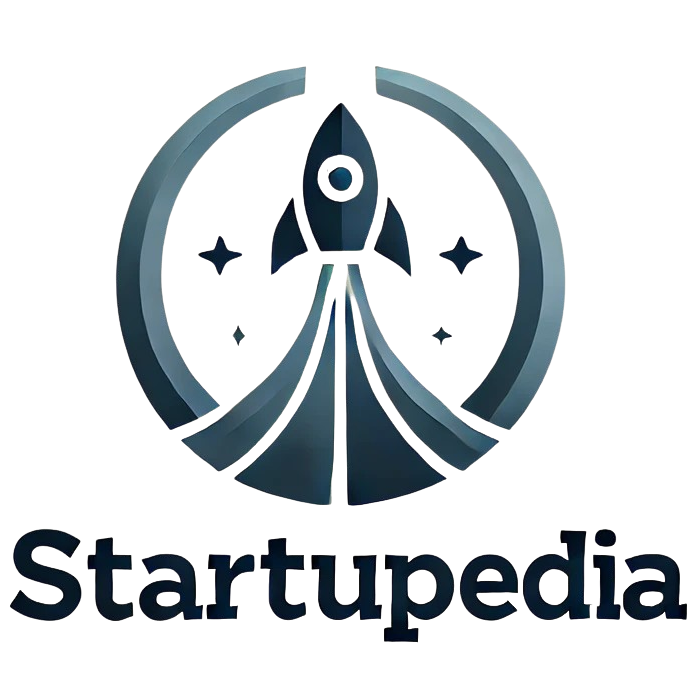Tata Group
 | |
| Company type | Conglomerate |
|---|---|
| Founded | 1868 |
| Founder | Jamsetji Tata |
| Headquarters | Mumbai, Maharashtra, India |
Key people | Natarajan Chandrasekaran (Chairman) |
| Revenue | US$150 billion (2024)[1] |
Number of employees | 935,000 (2024)[2] |
| Subsidiaries | Tata Steel, Tata Motors, Tata Consultancy Services, Tata Power, Tata Chemicals, Tata Consumer Products, Titan Company, Tata Communications, Indian Hotels Company Limited, Tata Advanced Systems, Tata Daewoo, Jaguar Land Rover |
| Website | www |
The Tata Group is an Indian multinational conglomerate headquartered in Mumbai, Maharashtra, India. Founded in 1868 by Jamsetji Tata, it operates in over 100 countries across six continents, offering products and services in more than 160 countries.[2] As of August 2024, the group comprises 29 publicly listed companies with a combined market capitalization of ₹33.7 trillion (US$403 billion).[3] The Tata Group is controlled by Tata Sons, with significant stakes held by Tata Trusts, which focus on philanthropy.[4]
History
Founding and Early Years
The Tata Group was established in 1868 by Jamsetji Tata during the British Raj. Jamsetji capitalized on the cotton boom in Bombay, engaging in trade during the American Civil War. After market declines, he secured a contract in 1868 to supply the commissariat for Napier's expedition to Abyssinia, laying the foundation for the group.[5] His vision included establishing an iron and steel company, a world-class hotel, an educational institution, and a hydroelectric power project.[2]
Expansion Under Dorabji Tata
After Jamsetji's death in 1904, his son Dorabji Tata became chairman. In 1907, he founded the Tata Iron and Steel Company (TISCO), now Tata Steel. The group established its first overseas office in London under Tata Limited and launched Tata Power, Western India's first hydroelectric plant, and the Indian Institute of Science in 1911.[5]
Growth Under J. R. D. Tata
In 1938, J. R. D. Tata took over as chairman, expanding the group from 14 enterprises to 95 by 1988, with assets growing from US$101 million to over US$5 billion.[4] Key milestones included founding Tata Air Services (later Tata Airlines, nationalized as Air India in 1953) in 1932 and Tata Motors in 1945, initially focused on locomotives.[6] Tata Consultancy Services (TCS), established in 1968, became a global IT leader.[2]
Global Expansion Under Ratan Tata
Ratan Tata, chairman from 1991 to 2012 and interim chairman from 2016 to 2017, led the group’s global expansion.[7] Revenues grew over 40 times, with over 65% from international operations.[7] Major acquisitions included:
- Tata Tea acquiring Tetley in 2000.[8]
- Tata Sons acquiring VSNL in 2002.[9]
- Tata Motors acquiring Daewoo Motors's heavy vehicle division in 2004 and Jaguar Land Rover from Ford Motor Company in 2008.[10]
- Tata Steel acquiring Corus Group in 2007.[11]
The Tata Nano, launched in 2009 as the world’s most affordable car, faced challenges and ceased production in 2018.[12]
Recent Developments
Since 2017, Natarajan Chandrasekaran has been chairman. Tata Motors increased its utility vehicle market share to over 8% in FY2019, and in 2021, TPG invested US$1 billion in its electric vehicle subsidiary.[13] The group continues to emphasize innovation and sustainability.[1]
Major Subsidiaries
The Tata Group operates through subsidiaries including:
- Tata Steel: A leading steel producer, founded in 1907.[2]
- Tata Motors: Known for Jaguar Land Rover and Tata Daewoo.[13]
- Tata Consultancy Services (TCS): A global IT services leader, founded in 1968.[2]
- Tata Power: A pioneer in hydroelectric power.[5]
- Indian Hotels Company Limited: Operator of Taj Hotels.[2]
- Tata Consumer Products: Known for Tata Tea and Tetley.[8]
- Titan Company: A leader in watches and jewelry.[2]
Philanthropy
Through Tata Trusts, which holds a 66% stake in Tata Sons, the group supports education, healthcare, and rural development.[4] Initiatives include funding the Indian Institute of Science and Tata Memorial Hospital.[5]
External Links
References
- ↑ 1.0 1.1 "Tata Group retains title of India's most valuable brand". The Economic Times. 27 June 2024. Retrieved 30 May 2025.
- ↑ 2.0 2.1 2.2 2.3 2.4 2.5 2.6 2.7 "About Tata Group". Tata Group. Retrieved 30 May 2025.
- ↑ "Tata Group's market cap soars to Rs 30.3 trillion in 2024". Business Standard. 27 June 2024. Retrieved 30 May 2025.
- ↑ 4.0 4.1 4.2 "The Tata Group: From Jamsetji to N Chandrasekaran". Forbes India. 14 July 2023. Retrieved 30 May 2025.
- ↑ 5.0 5.1 5.2 5.3 "Tata Group: 150 years of building India's future". Livemint. 15 June 2023. Retrieved 30 May 2025.
- ↑ "Tata Group: A legacy of innovation and philanthropy". Hindustan Times. 10 September 2022. Retrieved 30 May 2025.
- ↑ 7.0 7.1 "Ratan Tata's legacy: How he transformed Tata Group into a global giant". CNBC-TV18. 10 October 2024. Retrieved 30 May 2025.
- ↑ 8.0 8.1 "Tata Tea buys Tetley for $271 mln". Reuters. 28 February 2000. Retrieved 30 May 2025.
- ↑ "Tata Group acquires VSNL". The Economic Times. 13 February 2002. Retrieved 30 May 2025.
- ↑ "Tata Motors buys Jaguar Land Rover for $2.3bn". BBC News. 26 March 2008. Retrieved 30 May 2025.
- ↑ "Tata Steel wins Corus with $12.1bn deal". Financial Times. 31 January 2007. Retrieved 30 May 2025.
- ↑ "Tata Nano production ends". Autocar India. 15 January 2020. Retrieved 30 May 2025.
- ↑ 13.0 13.1 "TPG to invest $1 billion in Tata Motors' EV business". Business Standard. 13 October 2021. Retrieved 30 May 2025.
